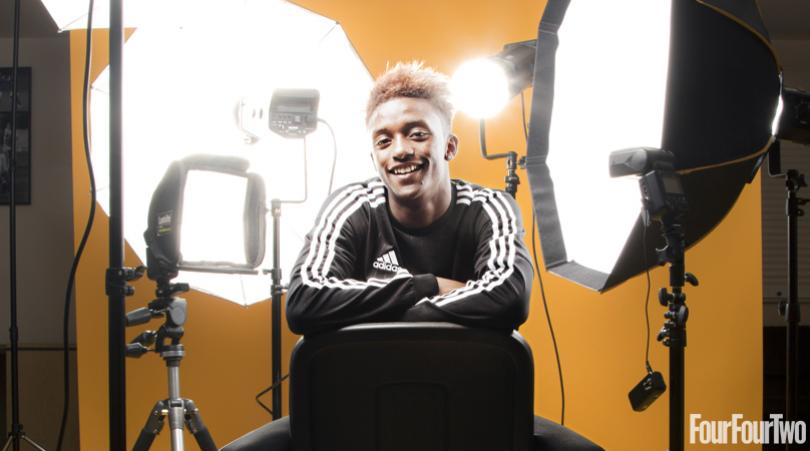The 5 big questions that will define Tottenham's 2016/17
Will Spurs live to regret their late collapse last term, or will they be better equipped to lift the title this time around as a result? Seb Stafford-Bloor mulls over some key talking points...
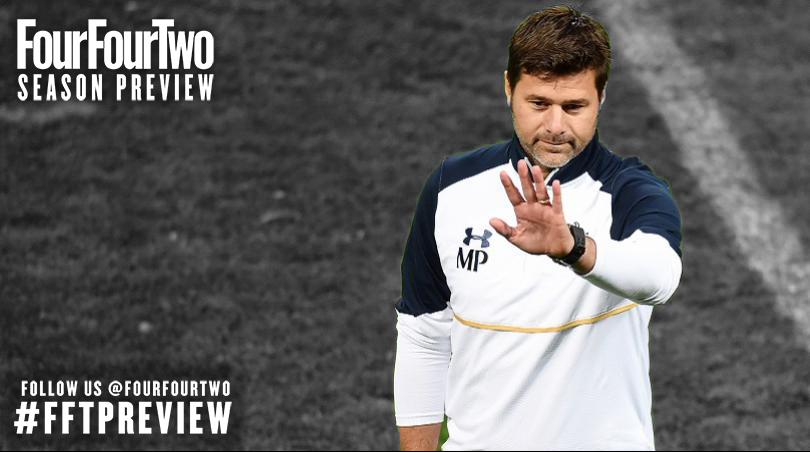
1. How lasting was the emotional damage done in 2015/16?
If the previous 12 months are to be a stimulant for further growth, the more corrosive memories within will have to be quickly treated and cured
During Tottenham's recent tour of Australia, Mauricio Pochettino spoke of the frustration he's had to carry through the summer. The late collapse, and the humiliating 5-1 loss to Newcastle in particular, has lingered with the Argentinian and there's naturally a concern that the same residual disappointment could still be festering within the squad.
With only a few exceptions, many of Spurs' international players also experienced difficult off-seasons, with the large English and Belgian contingents each suffering dispiriting exits from the European Championship. Ben Davies and Hugo Lloris both enjoyed good tournaments and Erik Lamela may have impressed fleetingly for Argentina during the Copa America Centenario, but the bulk of the group carry the wounds of public flogging.
Pochettino's success may have come via the implementation of sound ideological principles, but Tottenham reached the levels they did last season partly because of their pulsing self-belief; if the previous 12 months are to be a stimulant for further growth, the more corrosive memories within will have to be quickly treated and cured. At least initially, the team's form will rely on how quickly certain egos can be re-inflated.
2. Can they balance Champions League football with Premier League form?
The Champions League is no place for second-string teams playing at three-quarters pace, and progression from the group will demand that the team's intensity be spread evenly across two fronts
It's a query raised before every season but, given the statistics relating to Spurs' past inability to juggle domestic and continental football, it remains as pertinent as ever. 2016/17 will, of course, present a bigger challenge: the Champions League is no place for second-string teams playing at three-quarters pace, and progression from the group will demand that the team's intensity be spread evenly across two fronts.
Tottenham must be wary of the Champions League's siren-like allure, though. Glamorous and seductive though it may be, it's a dangerous temptress that has caused many a season to hit the rocks. While reaching the knockout stage would be a significant achievement, it mustn't come at the cost of maintaining progress in the Premier League momentum; it's a precarious balance, but one upon which the new season will depend.
Get FourFourTwo Newsletter
The best features, fun and footballing quizzes, straight to your inbox every week.
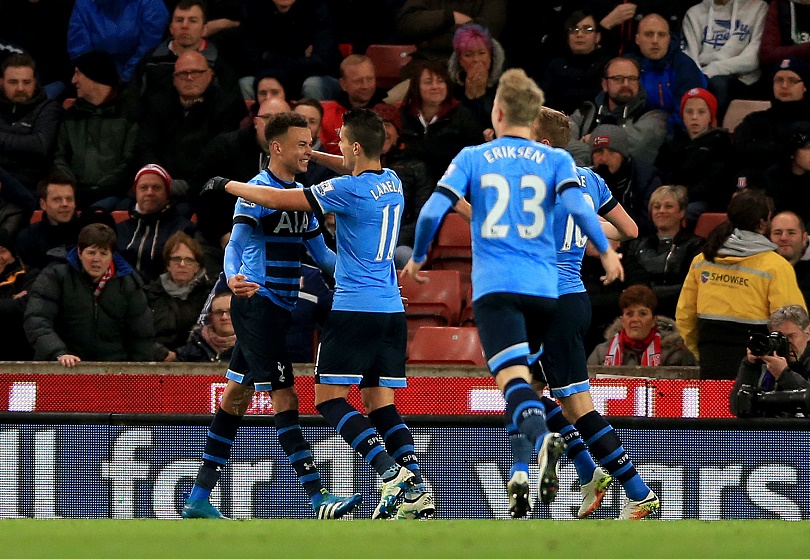
3. Can the squad provide a more even contribution?
In 2015/16, the difference in contribution between his first-choice players and supporting cast was alarming, and that gap must be narrowed
Squad depth has been a point of contention at White Hart Lane for some time, with Tottenham visibly sagging in May. Toby Alderweireld and Harry Kane each started every Premier League game, while Christian Eriksen, Eric Dier and Kyle Walker all made over 30 appearances.
Continuity is a strength, certainly, but Pochettino will need other players to lighten the burden. In 2015/16, the difference in contribution between his first-choice players and supporting cast was alarming, and that gap must be narrowed.
Victor Wanyama is an excellent signing who will add another body to the pool of midfielders, while Vincent Janssen should provide the necessary support for Kane, but existing squad members must also become more reliable. Ryan Mason is fortunate to have been given another chance and must now show that he's deserving of it, and Son Heung-min - so talented, but so far so peripheral - must become more than just an expensive theory.
Pochettino is known for having faith in developing players and so presumably an onus will fall on that emerging group, too. It's a pressure they don't deserve to shoulder but, without the luxury of soft Europa League games, Josh Onomah, Tom Carroll, Shayon Harrison and perhaps even Marcus Edwards will be required to broaden the group by commanding minutes in competitive fixtures.
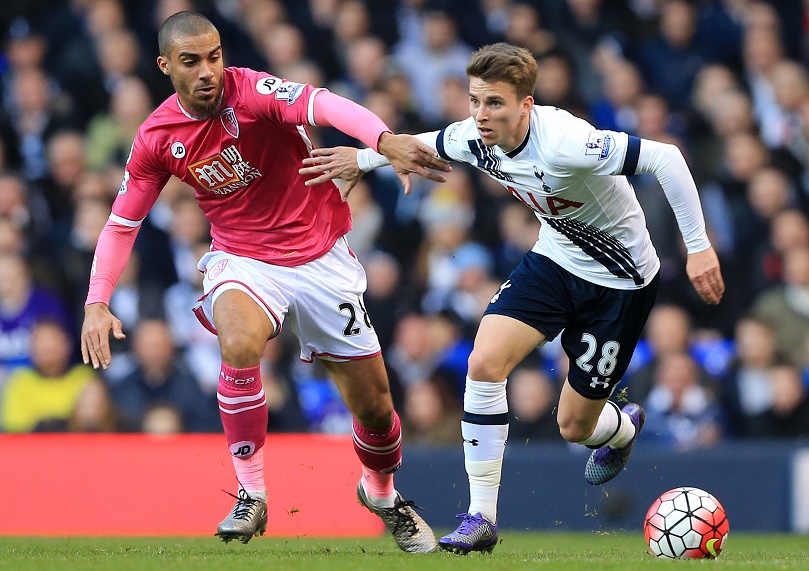
4. Can Harry Kane maintain his scoring rate?
The striker has other attributes and a lot of his work in build-up phases is worthy of more attention, but he was still responsible for 37 percent of Tottenham's league goals in 2015/16 and that remains his primary function
This is getting absurd. At first, Kane was a Europa League irrelevance who wasn't to be taken seriously. Then a one-season Premier League wonder. And now, largely because of England's collective failure in France, his two back-to-back 20-goal seasons have been contrarily reduced to an inexplicable anomaly. It's difficult to remember another player producing on a similarly prolific level but still having to endure such a lengthy period of public probation.
Regardless, it's imperative that Kane does reproduce his scoring form, as only one other Tottenham player (Dele Alli) reached double figures last year. The striker has other attributes and a lot of his work in build-up phases is worthy of more attention, but he was still responsible for 37% of Tottenham's league goals in 2015/16 and that remains his primary function.
The great challenge for Kane, beyond rebuilding his self-belief following his fallow summer, will be evolution. The more prolific a forward becomes, the more he reveals himself and the more of his strengths he commits to tape - and, ultimately, the greater the scope he gives rival managers to plot against him. 2015/16 was a personal success for him because, while he maintained his scoring form, the supplementary aspects of his game had been developed from the year before and he was a broader threat with a growing range of dangerous traits.
The challenge for Kane will be to continue that growth over another campaign and, for the sake of his club's upward trajectory, it's important that he meets it.
5. Can they diversify their approach?
Spurs are an impressive side and they provide an affirmation of their manager's approach to the game. Last season, they were a confluence of relentless technical ability and defensive discipline and, in a year when so many other contenders tripped over their own feet, that was enough for third place.
If there's a minor concern going forward, however, it was the difficulty they experienced in winning in more than one way and taking points from games in which their initial approach was nullified. Pochettino had such a small squad last season that his options were always likely to be narrow, but this year must be a showcase for this team's diversity. Whether it's employing direct football at particular moments, using a two-forward system to gain traction in the penalty box, or having the interior intricacy to cut through a deep-lying opponent, there must be a Plan B and C.
Teams will be cautious against Spurs: having had their fingers burnt by the high-pressing, by Alli's runs beyond the defensive line and by the penetrative full-back tandems, they will inevitably be prepared for much of the same.
Equally, plenty of opposing managers will have identified the roles played by Mousa Dembele and Eric Dier and will be accordingly specific with their man-to-man instructions. That, ultimately, is why sides who experience success over a long period of time are in a constant state of evolution; they adjust and adapt, always remaining one step ahead of the reactive thinking. If Tottenham are to replicate or even exceed their performances last year, it will be because they've developed that same ideological foresight.
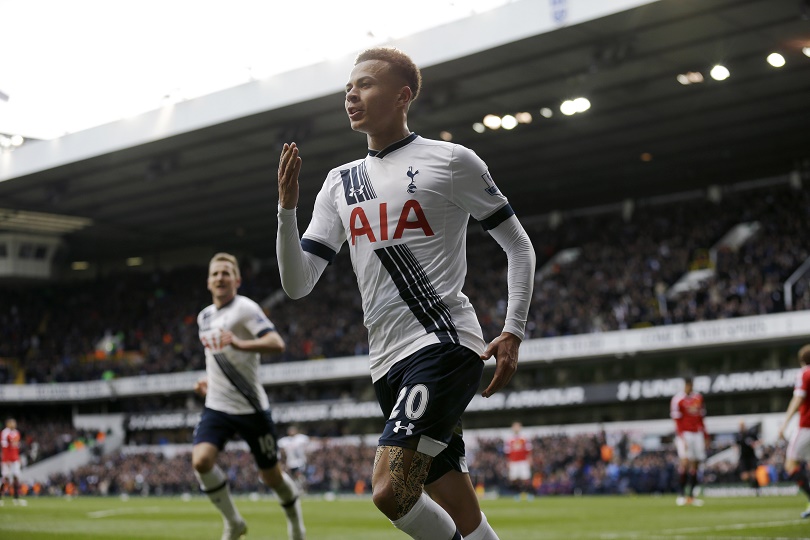
Predicted starting XI (vs Everton)
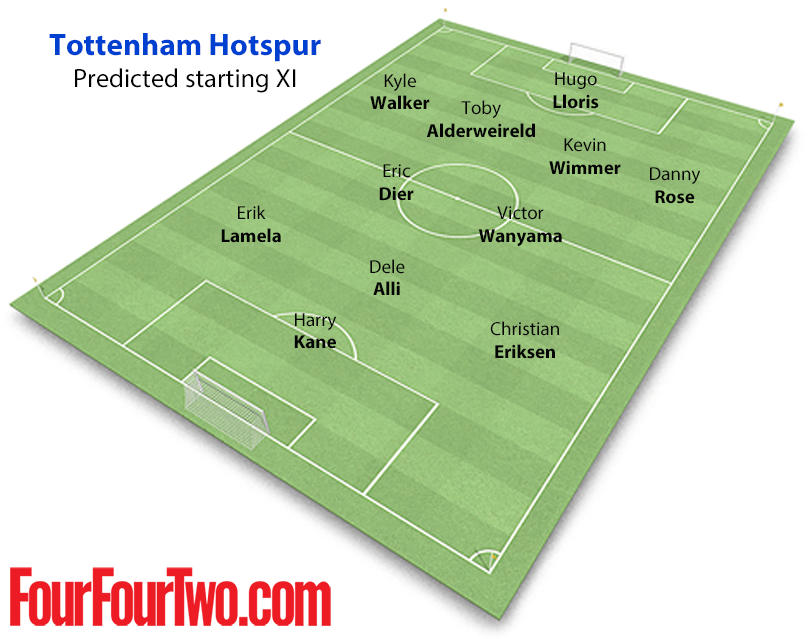
Nothing will be dramatically different. Jan Vertonghen and Mousa Dembele are injured and suspended respectively, so Kevin Wimmer and Victor Wanyama will begin the season as starters. Mauricio Pochettino's front four is typically fluid and involves much positional interchange, but Christian Eriksen will likely be employed in a shallow left position, Dele Alli should split his time between central midfield and a more advanced role and right-sided Erik Lamela will roam from out to in.
Seb Stafford-Bloor is a football writer at Tifo Football and member of the Football Writers' Association. He was formerly a regularly columnist for the FourFourTwo website, covering all aspects of the game, including tactical analysis, reaction pieces, longer-term trends and critiquing the increasingly shady business of football's financial side and authorities' decision-making.
